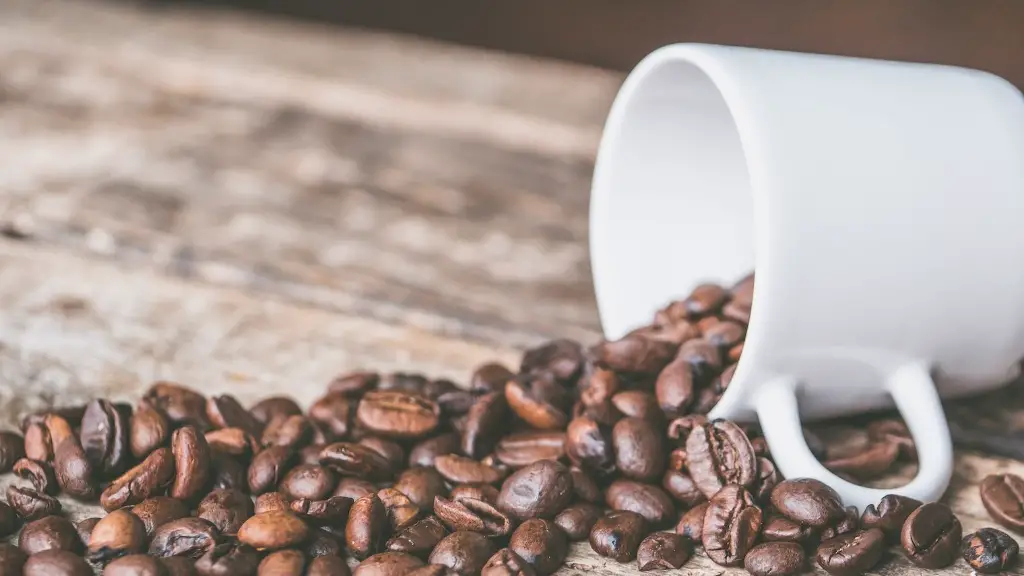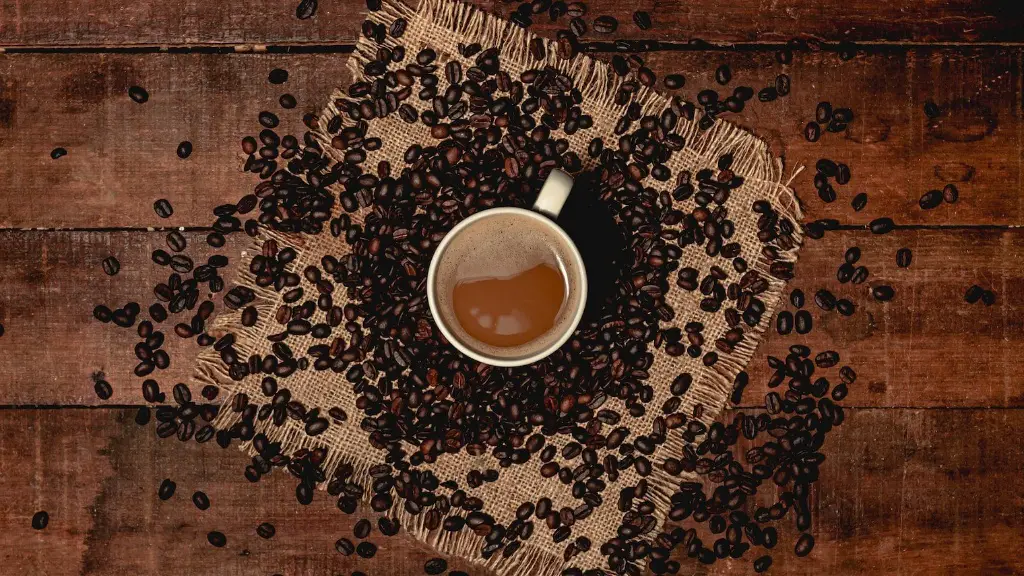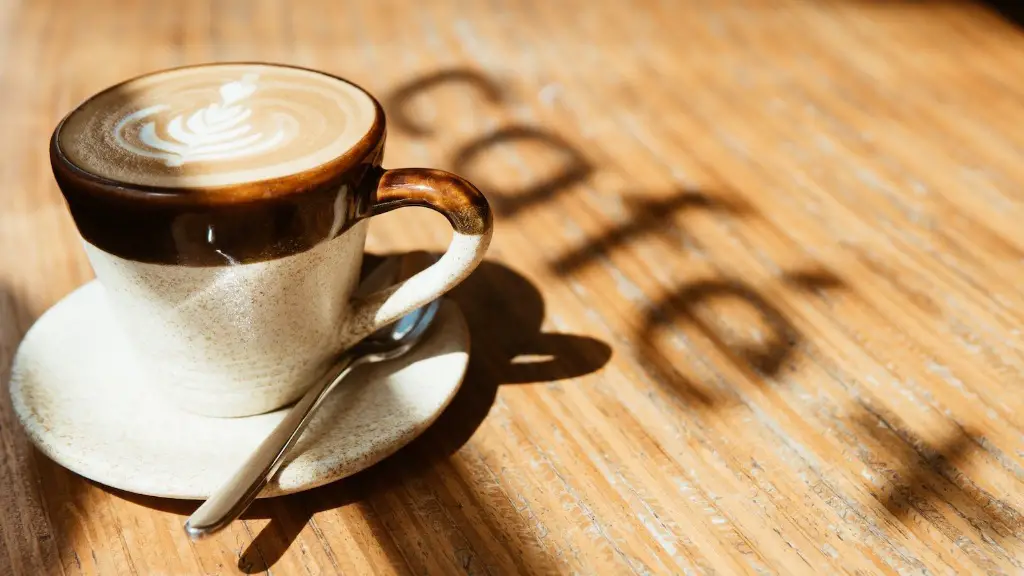Caffeine Content in Energy Drinks Vs. Coffee
Energy drinks and coffee have long been favorites for boosting energy. But which contains more caffeine, and does it make a difference? Caffeine is the primary ingredient in both beverages to give people a boost, but the actual amount of caffeine in each is drastically different. This article will compare the amount of caffeine in coffee and energy drinks and provide insights into which is optimal for getting a quick jolt of energy.
Caffeine content in coffee and energy drinks varies widely. Most coffee drinks have between 80 and 130 milligrams per 8-ounce cup. In comparison, energy drinks boast up to 200 milligrams per 13.5-ounce can. Plus, energy drinks may also include other stimulants, such as guarana, which add to their overall caffeine content. Because of the higher caffeine content, energy drinks often are the go-to choice for those looking for an added kick of energy.
Experts agree that caffeine content in beverages can have a wide range of effects on the human body. Caffeine stimulates the central nervous system, improving alertness and concentration. It can make people feel more energetic, but too much caffeine can cause restlessness and agitation. Excessive caffeine consumption can also lead to dehydration, headaches, and insomnia. Too much caffeine can even put people at risk for high blood pressure, heart palpitations, and other health issues. It’s important to understand the caffeine content in beverages in order to avoid any negative side effects.
Comparing Health Benefits
A comparative analysis of coffee and energy drinks also reveals differences in potential health benefits. Coffee contains antioxidants and other beneficial compounds that may reduce the risk of developing chronic diseases. In comparison, energy drinks contain large amounts of sugar that can contribute to weight gain and
diabetes. Also, energy drinks may include other ingredients, such as taurine and guarana, that may be
dangerous if consumed in large quantities. While energy drinks may offer more caffeine than coffee, their additional ingredients may not be beneficial.
When it comes to energy drinks and coffee, both beverages can yield positive energy effects. But understanding the caffeine content in each is important. In short, coffee is a better choice if health benefits are a priority. For those looking for a quick boost of energy and don’t mind the additional ingredients, then an energy drink may be the better choice.
Relevant Data
Research conducted by Harvard Medical School found that the average American consumes about 200 milligrams of caffeine each day. About 60 percent of this daily dose of caffeine comes from coffee and the remaining 40 percent comes from energy drinks, soda, tea, and other beverages and food. The data shows that the majority of people’s daily caffeine intake comes from coffee, which suggests that it is more popular than energy drinks when it comes to getting an energy boost.
However, another study conducted by Global Newswire revealed that energy drinks are becoming increasingly popular, particularly among young adults. The study found that energy drink consumption increased by 18 percent from 2017 to 2020. According to the study, this growth is driven primarily by millennials, who are more likely to reach for an energy drink for a quick jolt of energy, rather than a cup of coffee.
One explanation for the increasing popularity of energy drinks is their convenience. Energy drinks come in a variety of sizes and are easy to find in convenience stores, gas stations, and even supermarkets. They are also relatively inexpensive, retailing for usually less than $3.00 per can. On the other hand, coffee must typically be freshly brewed, which can be time-consuming and costly if purchased from a cafe.
Reactions and Perceptions From Experts
Nutrition professionals and experts suggest that people should consider the amount of caffeine in their beverages before consuming them. Dr. Sarah E. S. Armstrong, a nutrition professor at Yale University, recommends choosing coffee if the goal is to enjoy the health benefits and the taste of the beverage. On the other hand, energy drinks should be consumed sparingly, as their high caffeine content may lead to unwanted side effects.
Caffeine connoisseurs have mixed views on coffee and energy drinks. Some insist that coffee provides a smoother, longer lasting energy boost that doesn’t lead to as many negative side effects compared to energy drinks. Others point to the convenience of energy drinks, noting that it takes less time and effort to down a can of energy drink than it does to grind and brew a cup of coffee.
Analysis
Overall, coffee and energy drink consumption is a personal choice. Despite the difference in caffeine content between coffee and energy drinks, both beverages can offer energy benefits. Ultimately, the decision to consume coffee or an energy drink boils down to preferences and health needs. For those looking for a longer lasting, smoother surge of energy, coffee is the ideal choice. On the other hand, for those who don’t mind the extra sugar and ingredients and need a quick hit of energy, energy drinks may be worth considering.
Chemistry of Caffeine Consumption
The chemistry behind coffee and energy drinks can provide insights into why they are so popular. Caffeine, the primary ingredient in coffee and energy drinks, is a psychoactive stimulant that alters the activity of the central nervous system. When caffeine is consumed, it is absorbed into the bloodstream and passes through the blood-brain barrier, where it triggers the release of the neurotransmitter dopamine. This gives the user a feeling alertness and energy.
Energy drinks and coffee also differ in other ways. Many energy drinks are carbonated and contain other ingredients, such as taurine and guarana, that add to their caffeine content. On the other hand, coffee contains antioxidants and other compounds, such as chlorogenic acid, that may have potential health benefits. It is important to be aware of these differences when choosing an energy drink or coffee.
Caffeine Addiction
In addition to differences in ingredients, another thing to consider is the potential for addiction. Overconsumption of caffeine can lead to physical dependence, meaning the user must have increasing amounts of caffeine in order to get the same energy boost. Caffeine dependence can also cause withdrawal symptoms, such as fatigue, headaches, and irritability. While it is possible to get addicted to caffeine, it is important to remember that not all caffeine consumption leads to addiction.
Consuming coffee or energy drinks in moderation is the best way to avoid caffeine addiction. Nutrition experts recommend limiting daily intake to no more than 400 milligrams of caffeine. Regularly monitoring caffeine intake and paying attention to the amount of caffeine in beverages is important for maintaining healthy levels of caffeine in the body.
Comparing Costs
Energy drinks and coffee beverages also differ in cost. According to a survey conducted by Statistic Brain, the average American spends about $27.54 per month on coffee, compared to about $9.04 for energy drinks. Additionally, standard packaged coffee often costs less than specialty and single-origin blends. Since both beverages require similar preparation time, cost can be a significant factor in choosing between coffee and energy drinks.
Overall, energy drinks and coffee beverages offer different experiences and health benefits. Coffee contains more antioxidants and other beneficial compounds that may be beneficial for overall health. On the other hand, energy drinks contain large amounts of sugar and other stimulants that may not be beneficial. When selecting a beverage for an energy boost, it is important to consider the caffeine content, health benefits, and costs.




